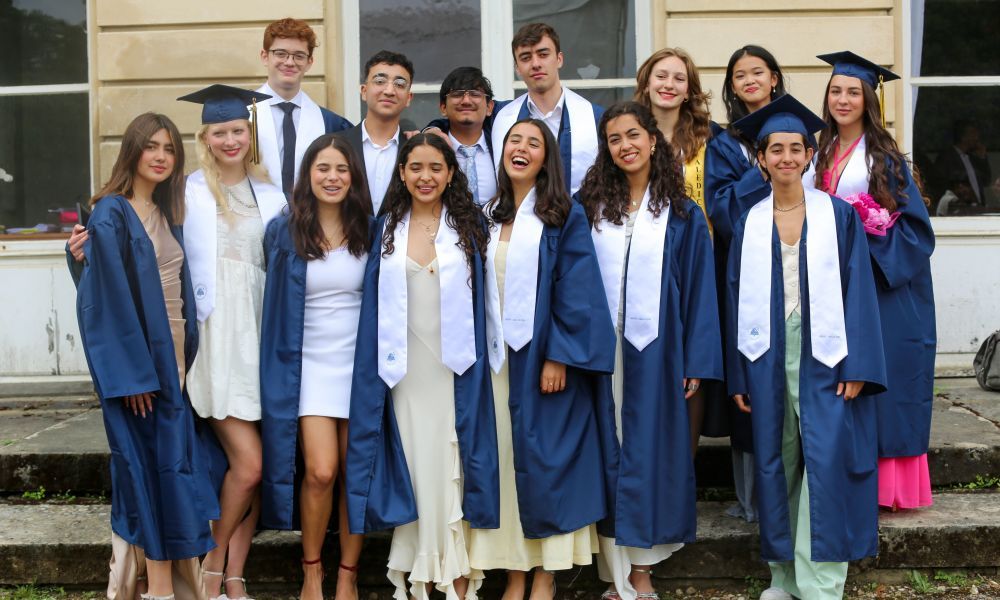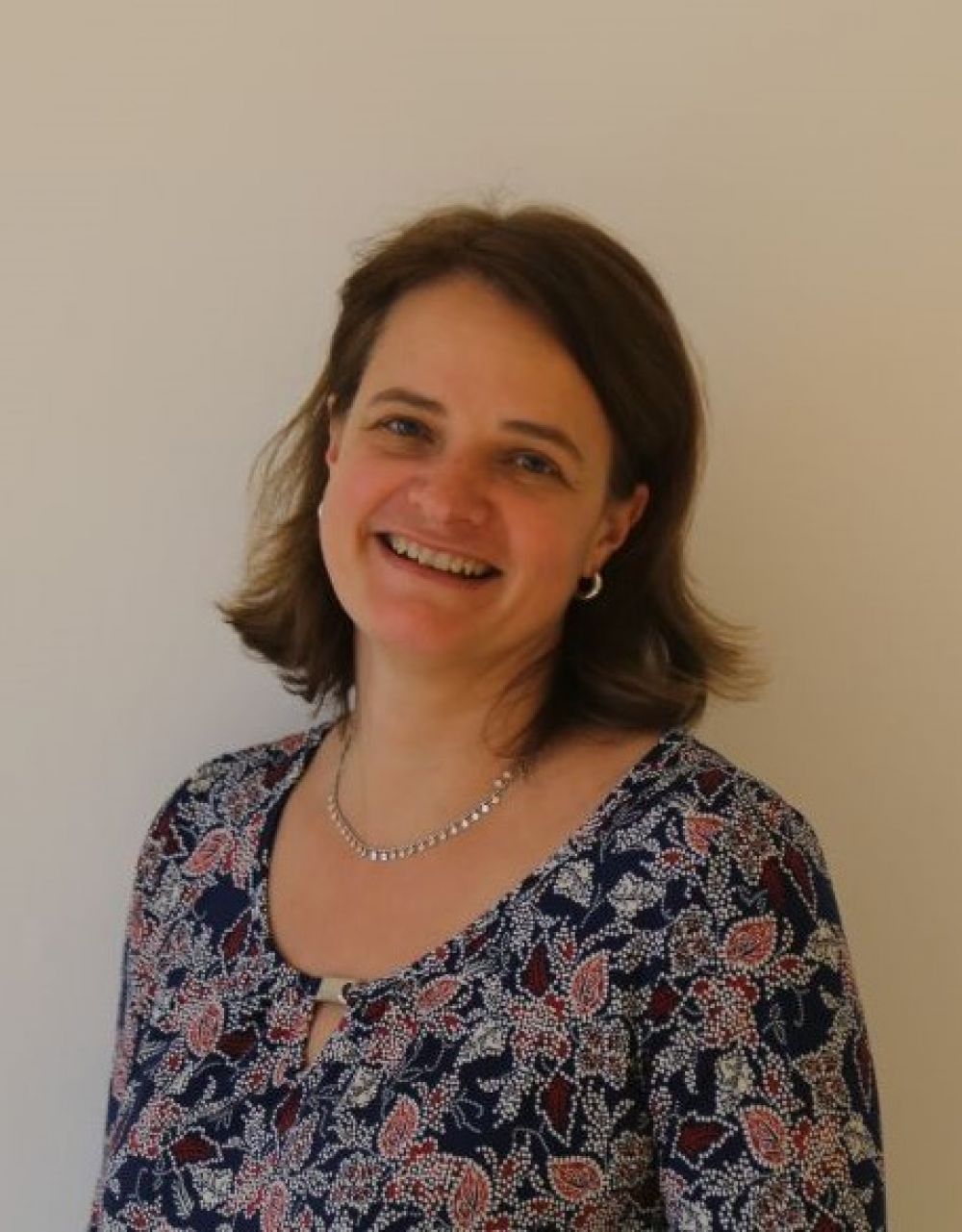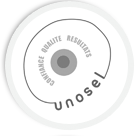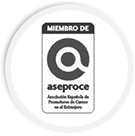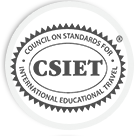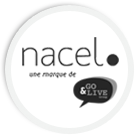Choosing the best international school of Paris for your child in 2026: some guidelines
As a parent, you intend to make the best educational choices for your children. Today you need to choose a school for your child among the numerous international schools offered in France. Why? You either move to France as a family and relocate to the Paris area; or you wish your child to benefit from an international education in France, whether or not you will live yourself in France. As an admission officer of an international school of Paris for the last 14 years, Notre-Dame International High School, I receive daily calls from parents living in various parts of the world and looking for an international school in Paris for their child.
I carefully listen to their unique family situation, and their family history, sometimes involving several moves to different countries of the world, as well as understand the current school experience of their child. I always try to advise them the best I can, giving them the main features of our school compared to other international schools in Paris or France, making sure they have a comprehensive understanding of the various educational offers.
It is very challenging for parents to understand the differences and unique points of each school and for them to be certain to make the right choice for their child. I feel I make the job when parents thank me at the end of the call for the information provided, and for having enlightened them on the right questions to ask and the right criteria to take into account.
In this article, I would like to give parents some guidelines to choose the best international school in Paris for their child. "For their child" is the most important part of the project.
First task: let's understand your requirements and preferences
It may be the first time you have to choose an international school for your child or you may be used to it due to several moves around the world. In both cases, I advise you to make sure to define your absolute requirements and preferred options.
Not only yours but your child's requirements and preferences as well. Depending on his/her age, it may be wise to involve your child in the choice of his school, mainly at high school level. The choice you will make may have a major impact on his/her future University studies and therefore his/her career and life.
At that age it is also very important that the child starts to feel responsible for his own studies and success at school. I know from experience that for many students at High School age, a move to a different culture and a change of school can be a difficult step in their life. Many parents have to choose to relocate when their children may not agree with this decision. This is obviously an additional challenge and something to be taken into account for the choice of the school.
If you do not relocate to France but wish your child to attend an international school abroad, make sure your child is motivated for such a change.
1. What are your family requirements?
The first step before you start learning about the schools offered in Paris is to consider the following questions:
- What are your primary goals for your child's education?
- Are you looking for academic rigor, a particular teaching philosophy, or a balance between academics and extracurricular activities?
- What are your or your child's non-negotiables?
- Are you interested in one specific diploma or are you open to different school systems?
- Must the school offer certain subjects or extracurricular activities?
2. Have you established your budget?
Each family situation is unique. Some families may benefit from relocation benefits or may get tuition fees paid by their company or international organization, partially or fully. Some families must cover school fees themselves. Others may benefit from scholarships eventually.
Having a clear budget in mind will help you narrow your options. Take into account that Paris may be much more expensive than the capital city you were formerly living in; tuition fees of international schools in Paris may be higher than the ones you are used to in your country.
- Do you already know how much you are willing to spend on tuition and additional costs?
- Don’t forget to account for expenses beyond tuition, such as transportation, school uniforms eventually, extracurricular activities, and meals.
3. Do you consider boarding schools as well?
Depending on where you relocate or if you do not relocate yourself to Paris, you may have to consider a boarding school. There are pretty few international boarding schools in Paris, and, generally speaking, in France.
Are you specifically looking for a day school, or are you open to boarding schools as well? Boarding schools offer unique benefits, such as full-time immersion in the school environment, but day schools allow students to remain more connected to family life.
You may sometimes opt for a mixed experience. At Notre Dame International High School, we do welcome 7-day boarders, staying at the boarding house full time, but we also have students choosing our weekly boarding option, living at school during the week, and joining their families on weekends. It allows international students to really bond with their classmates, work together on homework, projects, and clubs during the week, and also avoid long daily commute times. And still, allow them to enjoy family life on weekends!
4. Where should the school be located?
The location of the school can have a significant impact on your decision. Some parents tell me that they would rather find their home based on the school they choose for their child. Some have no choice but to relocate in Paris city center and must take this into account when choosing the school. But schools in Paris city center may be more expensive than outside of Paris. Some families relocate to another region of France, like Nantes or Strasbourg, but can't find any international school in the area: they must therefore consider an international boarding school in Paris.
Do you already know in which area of Paris you will be living, or where you want the school to be? Proximity to home can reduce commute times; weekly boarding may also be an option, especially if you are busy or travel for work during the week.
Living outside of Paris city center can also be a better option for reduced housing and living costs, quality of life etc. Many expatriate families choose the western suburbs of Paris rather than the Paris city center. Consider the target school's neighborhood and surrounding environment.
Curriculum and Language Considerations
International schools in France offer different school systems and diplomas.
1. Your preferences in terms of curriculum and secondary school diploma
International schools in Paris offer a variety of curricula, each with its strengths. Are you looking for a particular curriculum or diploma for your child?
Popular options include :
- the International Baccalaureate®: see IB schools in France
- the British curriculum (GCSE and A-Level), for example at the British School of Paris which is a day school
- the American school system (AP) preparing students to US High School Diploma sometimes with AP subjects, like at the American School of Paris, also a day school, or Notre-Dame International High School, which is both a day and a boarding school.
- the French Curriculum (Baccalauréat) is possible for students with an advanced level of French or after a transition year of French language studies.
Some parents are determined on a specific curriculum because their child has been educated in this curriculum for a few years already; some others may be open to different options as their child is already used to navigating from one system to another; some need guidance to make the best choice for their child, depending on their child's skills, strengths, personality and academic goals. It is very important to understand the differences between the teaching philosophies, as well as course and exam structures.
2. The language of instruction
Most international schools in Paris teach fully in English but some are bilingual and require students to have an advanced level in French and English. This is for example the case of the Lycée international in St German en Laye.
Note that there are some "national" schools in Paris, teaching in Spanish or German.
3. Class size and school size
The Paris area offers a variety of international schools, not only in terms of curriculum and diploma but also in terms of size and environment. There are some schools with more than 300 international students, while others offer a smaller international section within a French school. Some are welcoming international students mainly, while some others have a bigger French local community.
Most international schools in Paris offer smaller class sizes than regular French schools. It often means more personalized attention and a tailored learning experience. Smaller international schools may also offer a more intimate community feel, which could be ideal for certain students. I remember American parents calling me a few years ago, expatriated in Madrid, where their child was attending a large American school. He did not feel comfortable in such a large community. As they were relocating in Paris, they were really looking for a smaller school where their child could integrate more easily.
4. Special Learning Needs
If your child is diagnosed with a learning difficulty, you need to pay particular attention in choosing a school equipped to offer him the most suitable study environment and support. The school chosen must eventually be able to make some accommodation in terms of extra time for exams for example.
5. Extracurricular Activities and Clubs
A major cultural difference is that extracurricular activities are usually practiced outside of schools in France, in local clubs and so-called associations. This is not always easy to understand for families who are used to organizing their child's sports or art activities in the school directly, usually on afternoons, or at least in the school community.
Some international schools in Paris have strong sports or club offers on campus. This is for example the case at the American school of Paris. Others may have some clubs suggested to students during school time (for example during the lunch break), like a Model UN club, but may not have competitive sports. International children may always join a local club in the neighborhood of their home, do training on weekday evenings or Wednesday afternoons, and games for example on weekends. The specific logistics required for extracurricular activities in France may need to be taken into account by parents when choosing their neighborhood and school.
Explore schools and make your final decision
Once you have assessed your preferences and requirements, it's time to shortlist potential schools and visit them or at least call the Admission offices if you are abroad. If you have a chance to travel to Paris, take the opportunity to visit school facilities and meet with headmasters. I usually suggest families to come for a visit with their child so that their child can really get a sense of the school atmosphere and can eventually speak with students and shadow a class. Headmasters also appreciate meeting future students so that they can really understand the student's needs and academic profile. Some schools may also offer so-called Open Days. The American Chuch organizes a fair every year for parents to meet various international schools in the Paris area.
Choosing the best international school in Paris for your child involves careful consideration of multiple factors, including curriculum, language, budget, location, and school environment. Your contact with the admission office and school management, as well as a visit, can make a difference and ease your choice. My goal as an Admission Officer is to ensure that you make the right choice for your child, allowing your child and your family to experience a smoother transition and a successful school year in Paris!
Céline Gibassier, Admission Officer
Notre-Dame International High School Paris
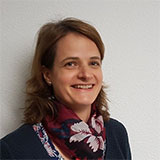
Céline Gibassier is an Admissions Officer at Notre-Dame International High School in Paris. She guides students and families through the admissions process with care and professionalism, helping them join an international learning community that values diversity and academic excellence.
With a background in international education and experience working with students from around the world, Céline is dedicated to making each applicant’s journey smooth and welcoming. She provides personalized support, from the first inquiry to the student’s arrival on campus, ensuring clear communication and attention to detail.
Passionate about cultural exchange and global education, Céline enjoys helping young people grow, discover new perspectives, and make the most of their study abroad experience in France.


